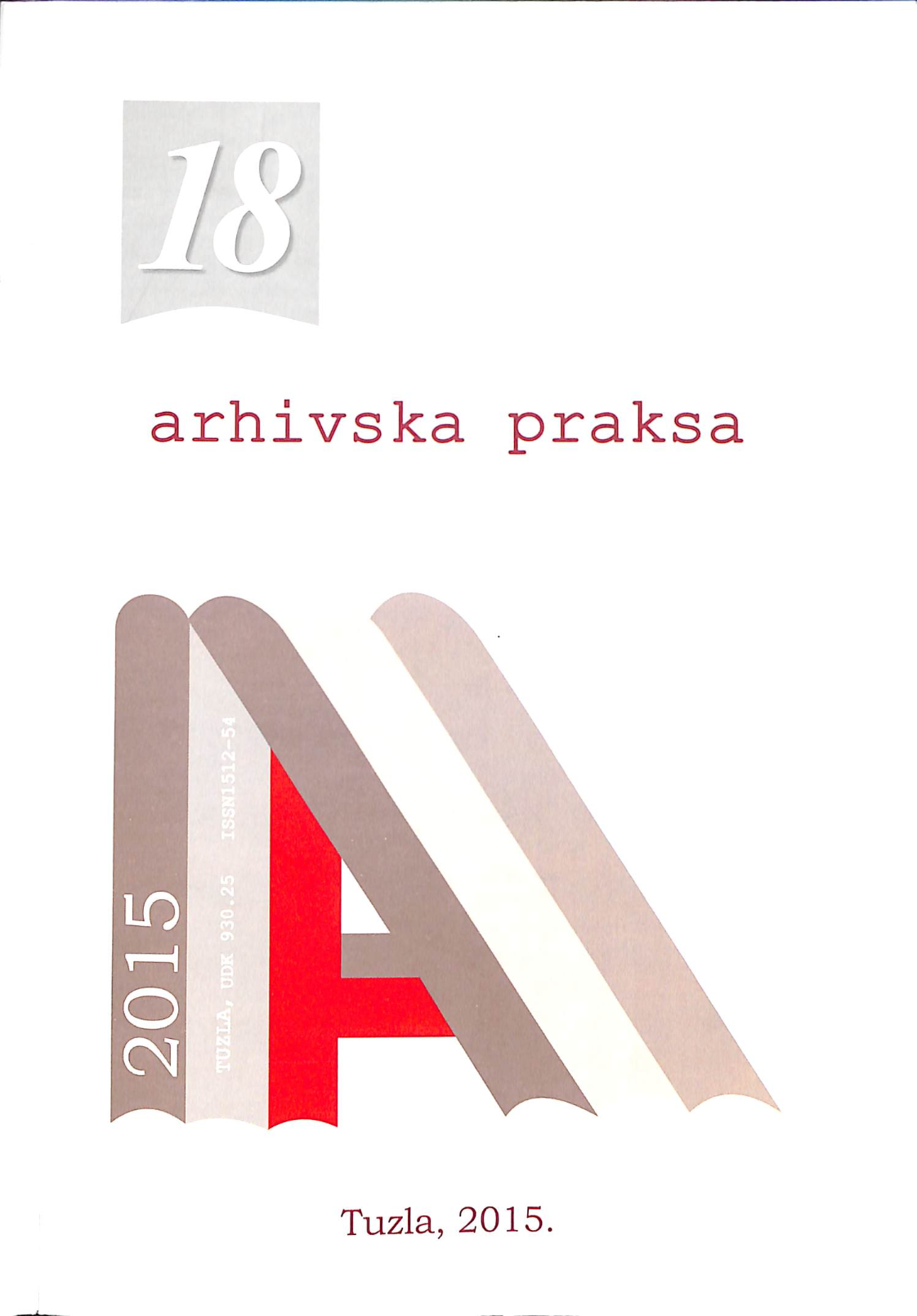Fondovi iz oblasti školstva - obrada, značaj i vrednovanje
Education funds - processing, importance and evaluation
Author(s): Jasna PožganSubject(s): Education, Archiving
Published by: Arhiv Tuzlanskog kantona
Keywords: archive; archival material; processing; archival fund; education;
Summary/Abstract: The subject of processing and evaluation of education funds was in archival scientific literature very seldom the object of studies, mostly as the topic of some scientific meetings or conferences. The education funds were product of founder activities that are according to the contemporary archives classification classified as education, marked as D. The stated group has been divided according to the levels of educational institutions (e.g. faculties, secondary schools, primary school, boarding schools, dormitories, pre-school education) and their subgroups (e.g. grammar schools, vocational schools etc.) This type of funds is characterized by the following: the preserved complete or partial content of physiognomy, integrity of documentary units, good physical preservation and continuity of activity of their founders for a long period of time (from 18th century to the present day). The material established by such institutions of restricted territorial competence represents valuable resources for various scientific researches (historiography, demography, toponymy, history of education, teaching methodology…) Education funds founded by its creators in Međimurje testify to undoubtedly Croatian identity of the area, to attempts to assimilate and denationalize by various structures and to establishment of educational institutions which are more or less still present today. The materials of educational institutions in Međimurje document the implementation of education of all social groups in accordance with liberal notions of specific times. The material of such founders can during its research be complemented by the information contained in the materials of creators of higher levels in the hierarchy, such as for example various administrative institutions whose materials are kept in archival institutions of neighboring countries (Hungary, Slovenia). The value of this type of materials by creators such as schools can best be assessed when their role and meaning in a broader institutional- contextual terms is known, respectively what impact it had in its own territory.
Journal: Arhivska praksa
- Issue Year: 2015
- Issue No: 18
- Page Range: 375-386
- Page Count: 12
- Language: Bosnian, Croatian, Serbian

